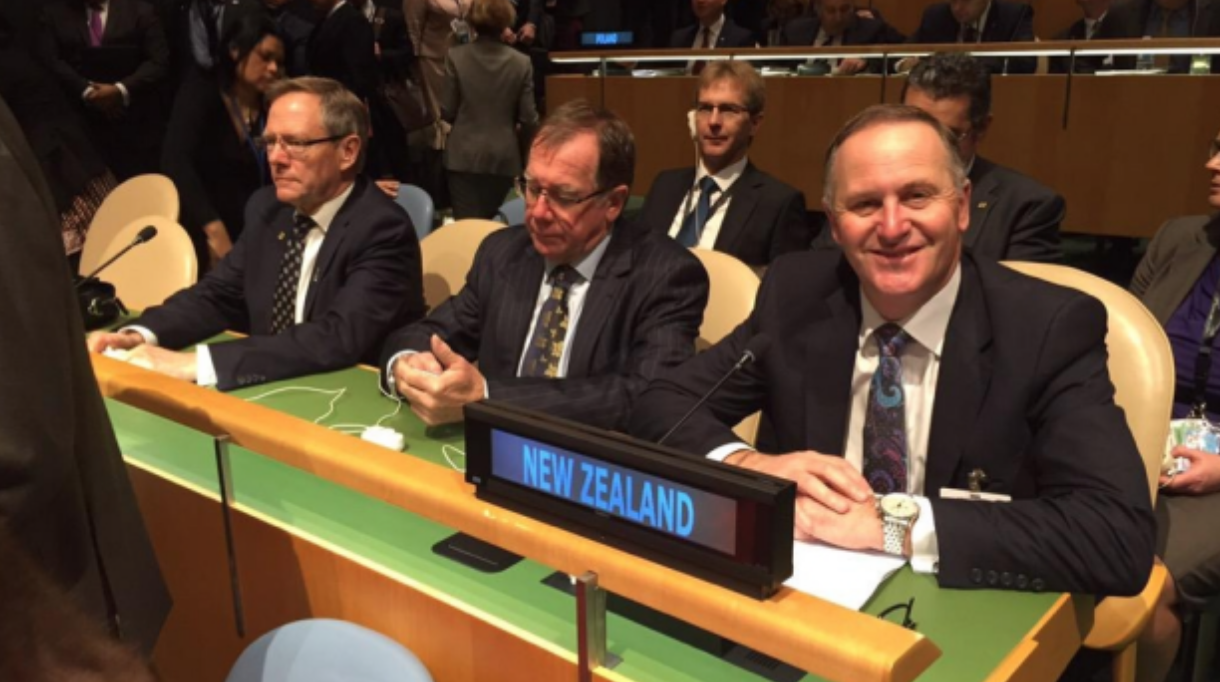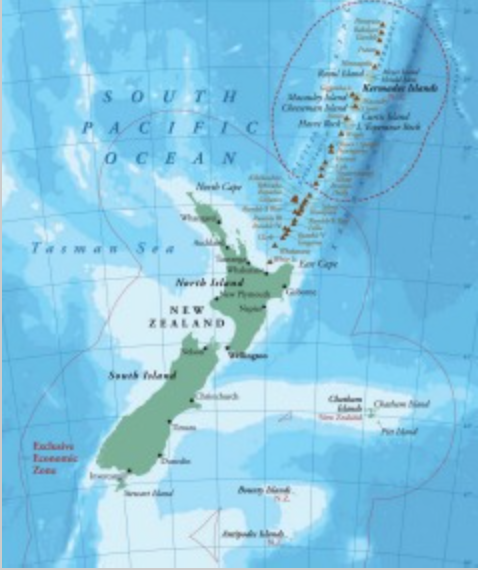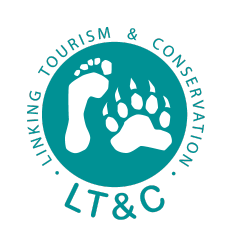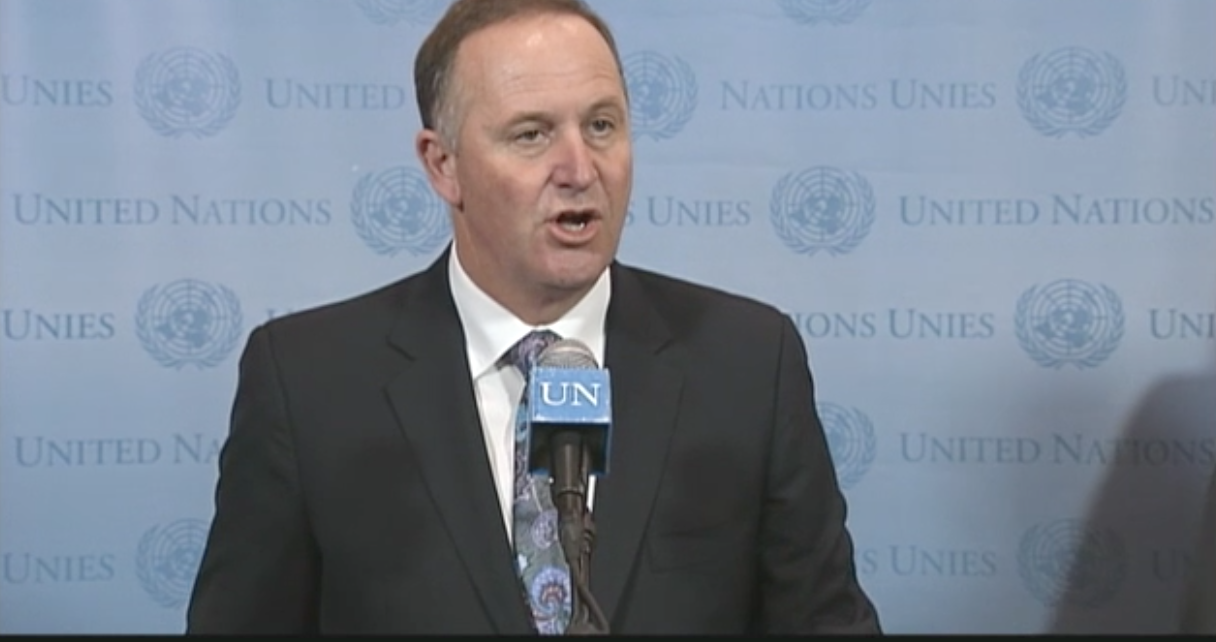John Key, the Prime Minister of New Zealand, has announced that a large area of New Zealand’s exclusive economic zone will be turned one of the world’s largest ocean sanctuaries. A vast stretch of New Zealand’s exclusive economic zone is being turned into an ocean sanctuary in a landmark deal to preserve one of the most pristine and unique environments on earth. Watch his speech or read further:
Prime Minister John Key announced the deal in New York Tuesday NZT, and said it would encompass 620,000 km2 in the seas north-east of New Zealand in the Kermadec region.

“The Kermadec Ocean sanctuary will be one of the world’s largest and most significant fully-protected areas, preserving important habitats for seabirds, whales and dolphins, endangered marine turtles and thousands of species of fish and other marine life,” Key said.
The sanctuary will cover 15 per cent of New Zealand’s exclusive economic zone, an area twice the size of our landmass and 50 times the size of our largest national park in Fiordland.
“As well as being home to a wide range of marine species, the Kermadec region is one of the most geographically and geologically diverse areas in the word. It contains the world’s longest underwater volcanic arc and he second deepest ocean trench at 10 kilometres deep,” Key said.
The National caucus was due to be briefed on the move Tuesday. The government is forgoing potentially lucrative mining royalties from turning the area over for environmental protection. However, while there are believed to be significant silver deposits, they are so deep that the logistics of mining in the area would be hugely difficult and also costly.

The sanctuary will create a no-take, fully protected zone preventing all fishing and mining in the area, adding to the protections already in place.
Key announced the deal at the United Nations General Assembly in New York, which has been focused on sustainable development as a critical goal this year.
New Zealand welcomed the focus on the sustainability of the world’s oceans and marine resources – a goal which resonated strongly with our own region were so many drew their food and livelihoods from the sea, Key said.



